What to know about oil to gas vehicles
1.What are the advantages of "oil to gas" conversion?
The economic benefits are relatively high. Natural gas is easily mixed with air in the engine, with complete and clean combustion, less carbon deposition, good anti explosion performance, and no dilution of lubricating oil. Therefore, it greatly reduces the wear of parts in the engine cylinder, which can extend the life of the engine and the service life of the lubricating oil. The calorific value of one cubic meter of natural gas is equivalent to the calorific value of 1.1 liters of gasoline, and the price of one cubic meter of natural gas is only half of that of gasoline.
Good social benefits. Compared with petroleum fuel, gas fuel has less energy loss and less harmful emissions during the preparation process, which is more beneficial for environmental protection.High security. Natural gas itself has a slight leak and will quickly spread upwards into the atmosphere. All components of the gas fuel system, especially the sealing parts, have undergone strict inspections. Therefore, natural gas is relatively safe as a fuel for automobiles.
¡¤¡¤¡¤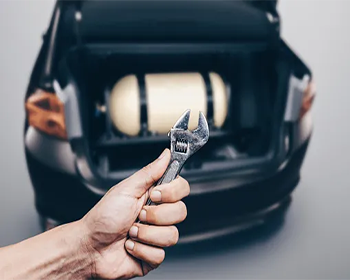
2.What are the drawbacks of "oil to gas" conversion?
Due to the low energy density of gas fuels, natural gas vehicles carry less fuel and have a shorter driving range than gasoline vehicles. Currently, most of the natural gas engines used are modified from gasoline engines, so gasoline cars often experience a power reduction of about 10% after switching to natural gas.
Due to the fact that current natural gas vehicles are modified based on the original gasoline vehicles, the fuel system of the original gasoline engine is mostly retained. Therefore, it is necessary to add a natural gas fuel system, especially gas cylinders, to the original car to reduce the effective use space of the trunk and increase its own weight.
Natural gas is a gaseous fuel that is not easy to store and carry. For this reason, it is necessary to apply pressure in order to bottle, and it is difficult to refuel in areas where there is a shortage of gas stations.
3. Which car is suitable for "oil to gas" conversion?
Generally speaking, car owners with low frequency of use do not need to change their gas. Private cars are used for commuting, with an annual mileage of about 10000 to 20000 kilometers. However, the cost of converting from gasoline to gas requires a payment of 3000 to 4000 yuan, so it takes a long time to recover the cost of this modification. This is not cost-effective for car owners with low frequency of use.
4.Will there be an explosion if there is a collision?
Some car owners are most concerned about the possibility of an explosion in the event of a collision with a "gas to oil" vehicle. In fact, the technology of "oil to gas" conversion is already very mature. Experts explain that gas cylinders have undergone high-pressure, fire, shooting and other tests, and the possibility of explosion due to impact is very small. However, the premise is that consumers must go to a formal and qualified modification factory for modification.
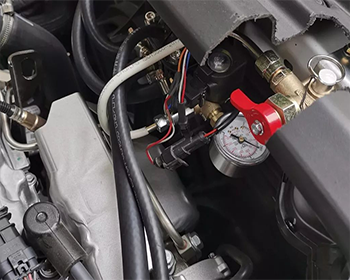
5.What should be noted for maintenance after the "oil to gas" conversion?
Drivers who drive "oil to gas" vehicles must receive specialized training and check for air leaks every two weeks.
The inspection method is very simple. Fill an empty beverage bottle with water and add a few drops of detergent. Shake it and apply it to the pressure reducing valve, switch, pipeline joint, etc. of the car to see if there are any bubbles coming out. Once there are bubbles coming out, it indicates that there is a natural gas leak in the car and it should be repaired in a timely manner.
In addition, it should be noted that the service life of gas cylinders is generally 15 years. For safety reasons, relevant departments have stipulated that the first annual inspection cycle for gas cylinders used in oil to gas vehicles is three years, the second inspection cycle is two years, and after six years, it is inspected once a year. Once the winding wire of the gas cylinder is worn or damaged, a new cylinder must be replaced before it can continue to be used.
Therefore, on vehicles with modified gas, the gas cylinder is usually fixed with two grates, and there is a layer of rubber pad between the gas cylinder and the grates to protect the gas cylinder. Once the gasket is damaged, the winding wire of the gas cylinder will be worn out. Therefore, car owners should closely monitor the rubber gasket and replace it promptly if it is damaged to prevent the gas cylinder from being damaged.
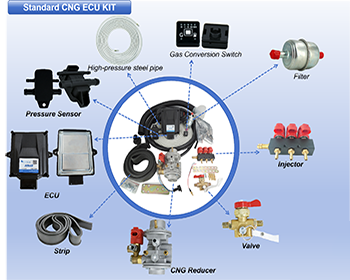
6.What procedures are required for the "oil to gas" conversion?
For registered motor vehicles that need to replace their engines or change the type of fuel, they must first submit an application to the traffic management department and obtain their approval before they can be modified. After modification, you can apply for motor vehicle change procedures at the traffic management department.
It is worth noting that some insurance companies' relevant insurance contract terms stipulate that if an accident occurs after car modification, the insurance company will not compensate. And for vehicles that switch from oil to gas, when installing equipment, they need to be modified by adding steel cylinders and pressure regulating valves near the original fuel pipeline. Will this prevent them from receiving compensation in case of accidents? Regarding this, insurance industry insiders have stated that although "oil to gas" vehicles belong to the category of modified vehicles, insurance companies pay more attention to whether the direct cause of the accident is due to vehicle modification when making claims. If the accident is not caused by modification, compensation can be obtained, and it is not "all modified vehicle accidents will not be compensated". However, if the car owner already has a "gas to oil" plan and their vehicle has a commercial insurance policy, it is recommended that the car owner first inform the insurance company of the modification plan during the insurance period, so that the insurance company can re evaluate the risk. Once the renewal or premium renewal is allowed, the accident claim of the vehicle will follow the general procedure, and modification will no longer be an obstacle to compensation.
In addition, when the vehicle undergoes modification, the gas equipment on board the vehicle needs to be insured with liability insurance. Because the installation of compressed natural gas equipment for vehicles in the "oil to gas" conversion is a modification of the specific performance of the vehicle's fuel power system, car owners must pay attention to whether the manufacturer of the on-board gas equipment has selected the corresponding product liability insurance for insurance when modifying the vehicle.
Refer to:https://energyminute.ca/infographics/natural-gas-vehicles-everything-you-need-to-know/
The pictures and articles are from the internet. If there is any infringement, please contact us to delete them.
Popular articles
-
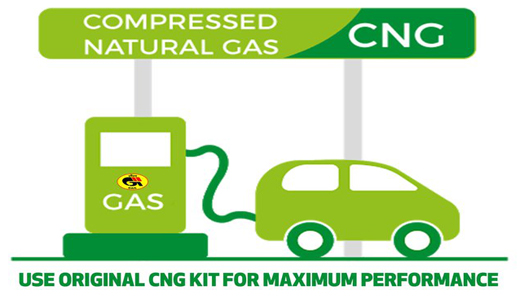
How the CNG Automotive S
Compressed natural gas (CNG) automotive systems
-
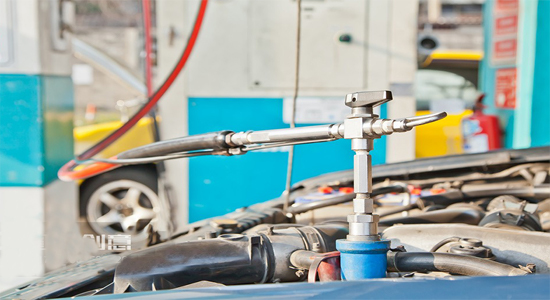
What Is CNG Pressure Red
The pressure reducer of natural gas vehicle is
-
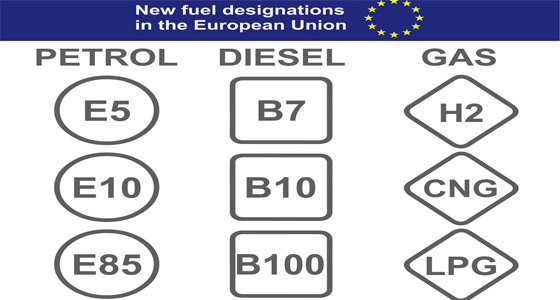
Advantages Of CNG Gas V
Compressed natural gas vehicles are vehicles th
-
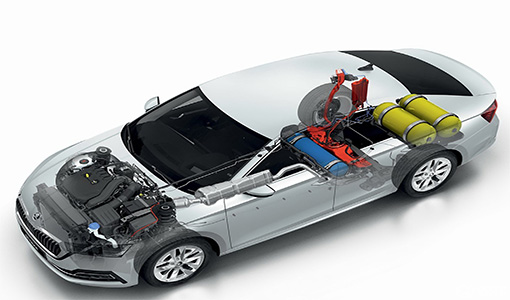
Reasons For High Gas Con
1. Original vehicle condition A. The tec
-
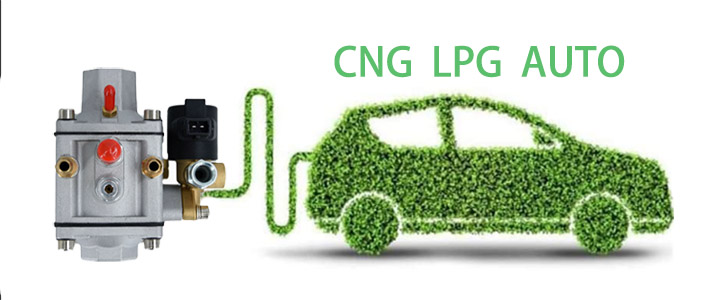
Differences Between Sing
Characteristics of Gas Single Point Device
-
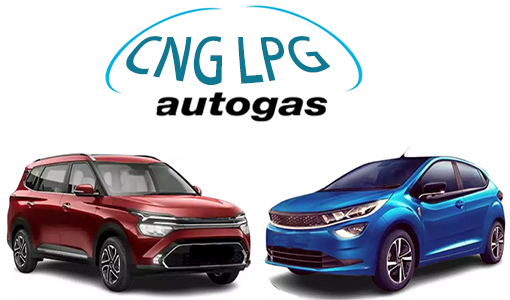
How To Improve The Power
1. Install ignition advance angle What i
-
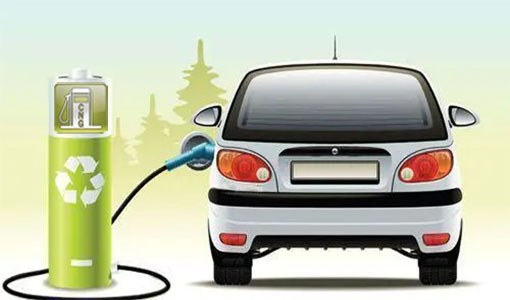
Advantages And Principle
LPG and CNG are two mainstream alternati
-

How The CNG Gas Vehicle
If you want to know ¨C how does the CNG conversi






Latest comments
0piece comment
no comments, welcome to comment¡£